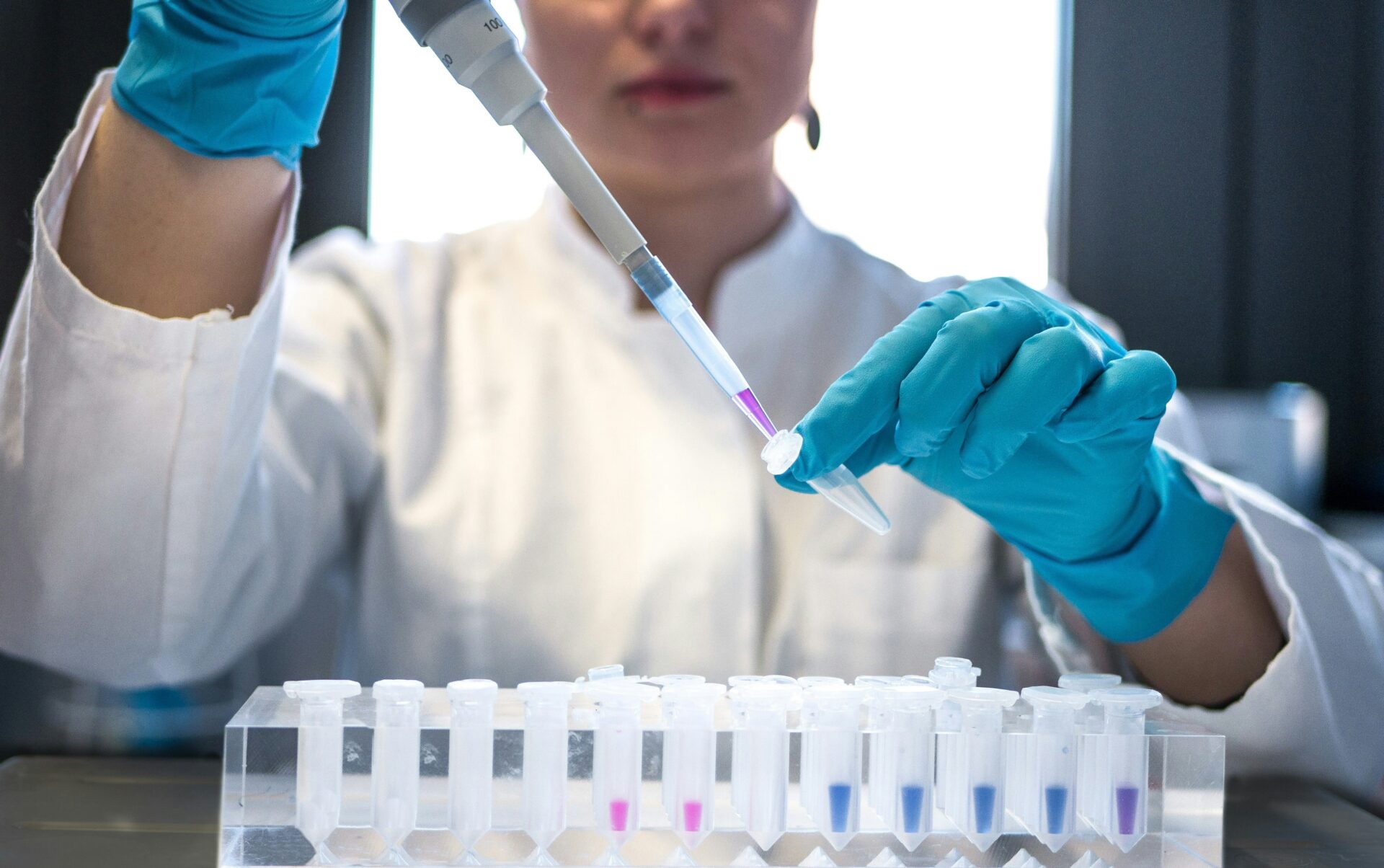A biology degree opens doors to a world of exciting opportunities. It’s a versatile qualification that equips you with knowledge about living organisms, ecosystems, and scientific methods. Whether you’re interested in research, healthcare, or environmental conservation, biology gives you a strong foundation to build a rewarding career. With the demand for STEM graduates on the rise, biology degree holders have access to a variety of fulfilling biology jobs.
From analysing lab samples to conserving wildlife habitats, biology jobs are as diverse as the field itself. Curious about your next steps? Below, we’ll explore the top 20 biology jobs you can pursue with a biology degree, along with tips for finding the one that matches your skills and interests.
Why Choose a Biology Degree?
Biology isn’t just about textbooks and lab coats. It’s about understanding life itself. This degree helps you develop analytical, critical thinking, and observational skills that are highly valuable in many job sectors. Plus, it’s a stepping stone for advanced education in fields like medicine, environmental science, and biotechnology.
If you’re ready to discover what lies ahead, here are 20 biology jobs to consider.
1. Biologist
Biologists study organisms and their environments to understand the natural world. Depending on specialties, biologists can focus on plants, animals, or humans. Common roles include conducting field research, working in laboratories, and teaching biology at academic institutions.
Why we chose it:
This role is vital for advancing our understanding of the natural world and inspiring solutions to current challenges like climate change and habitat preservation. Plus, you’ll earn around $28.61 per hour, which translates to approximately $59,508 annually1.
2. Marine Biologist
Are you fascinated by underwater ecosystems? Marine biologists explore plant and animal life in oceans, seas, and rivers. From tracking whale behavior to restoring coral reefs, this career offers unique challenges to safeguard marine biodiversity.
Why we chose it:
The combination of fieldwork in exotic locations and the opportunity to protect endangered marine species makes this job truly special.
3. Wildlife Biologist
Wildlife biologists focus on studying animals in their natural habitats. The role often involves monitoring population trends, evaluating threats, and recommending conservation strategies.
Why we chose it:
It’s perfect for adventurous nature lovers looking to directly impact biodiversity conservation and animal welfare.
4. Biomedical Researcher
If you’re passionate about medicine and advancements in healthcare, biomedical research is a compelling field. Researchers analyse diseases, discover treatments, and contribute to innovation in pharmaceuticals.
Why we chose it:
Biomedical researchers directly shape the future of medicine, improving global health and offering the satisfaction of contributing to life-saving discoveries. They also make around $112,739 annually in the United States, with a range from $102,491 to $125,6242.
5. Genetic Counselor
Genetic counseling combines biology with healthcare to provide patients with information about genetic conditions. Counselors assess risks, guide decision-making, and collaborate with physicians.
Why we chose it:
This role blends biology with meaningful patient interaction, helping families make informed, life-changing decisions.
6. Forensic Scientist
Ready to take your learning further?
Join Succeed, our free platform for ambitious students aged 13-18 to get future-ready. Access expert-led masterclasses, interactive
goal-setting tools, and exclusive content.
Forensic scientists use biology and other sciences to solve crimes. From analysing DNA samples to reconstructing crime scenes, this career plays a pivotal role in law enforcement.
Why we chose it:
Forensic science is a fascinating mix of biology and detective work, making it ideal for those who love solving puzzles and contributing to justice.
7. Biotech Scientist
Biotechnology harnesses biological knowledge for practical applications, such as producing biofuels, developing gene therapies, and designing agricultural technologies.
Why we chose it:
This innovative field offers ground-breaking opportunities to affect industries ranging from health to sustainability.
8. Zoologist
Zoologists specialise in studying animal species, behaviors, and ecosystems. They often work in research facilities, national parks, and conservation centers.
Why we chose it:
Working with wildlife and influencing policies for endangered species makes zoology a highly rewarding career for animal enthusiasts searching for a biology graduate job.
9. Microbiologist
Microbiologists study microorganisms like bacteria, viruses, and fungi. They work in various settings, from diagnosing infectious diseases in hospitals to developing vaccines in research labs.
Why we chose it:
With relevance in addressing pandemics and enhancing public health, this career is both impactful and scientifically exciting.
10. Clinical Lab Technician
Clinical lab technicians perform diagnostic tests to identify diseases and monitor treatments. They analyse blood, tissue, and other medical samples.
Why we chose it:
It’s an essential healthcare role with frequent breakthroughs in diagnostic technology, offering stability and room for growth.
11. Food Scientist
Food scientists research and innovate food production processes. They evaluate nutritional content, improve quality standards, and develop sustainable farming practices.
Why we chose it:
Solving food security challenges while improving global health makes this career impactful for both individuals and society.
12. Pharmacologist
Pharmacologists research how drugs interact with biological systems. They are integral to drug development, testing medications for safety and effectiveness.
Why we chose it:
This career merges biology and chemistry to make tangible improvements in people’s health and lives.
13. Ecologist
Ecologists study ecosystems, focusing on the relationship between organisms and their environments. They address issues like climate change, habitat destruction, and resource management.
Why we chose it:
There’s nothing more fulfilling than protecting the environment and ensuring a balance between humanity and nature.
14. Science Communicator
Science communicators bridge the gap between scientists and the public. By writing articles, hosting podcasts, or creating educational materials, they make complex biological concepts accessible and engaging.
Why we chose it:
Effective science communication drives awareness and inspires innovation, while offering creative freedom for biology lovers.
15. Academic Researcher
If you enjoy exploring unanswered questions, consider pursuing academic research. Biologists in academia often divide their time between teaching and experimental projects.
Why we chose it:
This career allows for intellectual independence and the chance to influence both science and future generations of students.
16. Agricultural Scientist
Agricultural scientists work on developing more efficient farming techniques. They study soil conditions, plant genetics, and pest control methods to enhance crop yields and food security.
Why we chose it:
Focusing on sustainable agriculture and fighting food scarcity ensures that agricultural scientists make extraordinary societal contributions.
17. Environmental Scientist
Those with an interest in nature searching for a biology graduate job could thrive as environmental scientists. They study how human activities impact the environment and develop solutions to reduce ecological damage.
Why we chose it:
Environmental scientists combat global environmental issues, making the planet more sustainable for future generations. On top of that, the average annual salary for an Environmental Scientist in the United States is $97,410, with a range from $87,577 to $108,397.
18. Toxicologist
Toxicologists analyse the effects of chemicals on living organisms. Whether assessing water pollution or testing consumer products, this career ensures that substances are safe for the environment and humans.
Why we chose it:
This role combines public safety with the fascinating challenge of understanding chemical interaction with biology.
19. Veterinary Scientist
Veterinary scientists specialise in diagnosing and treating animal diseases. This career lets you work closely with animals, ensuring their health and well-being.
Why we chose it:
Caring for animals and advancing medicine for their welfare is deeply fulfilling for anyone passionate about animal health.
20. Healthcare Consultant
Healthcare consultants use their biology knowledge to advise medical organisations on improving patient care and operational efficiency.
Why we chose it:
This career offers a combination of biology expertise and strategic thinking, providing a diverse, fast-paced professional environment.
Jobs for Biologists
From groundbreaking research to conserving endangered species, a biology degree provides versatile and meaningful career options. Whether you’re seeking financial reward, personal fulfillment, or societal impact, these biology graduate jobs offer something for everyone. Your choice in the field of biology can pave the way for a brighter future—for yourself and for the world.
Therefore, if you are interested in careers with a biology degree, explore our Biology Summer School or Biology Online Courses for an introduction into the world of biology professions.

















